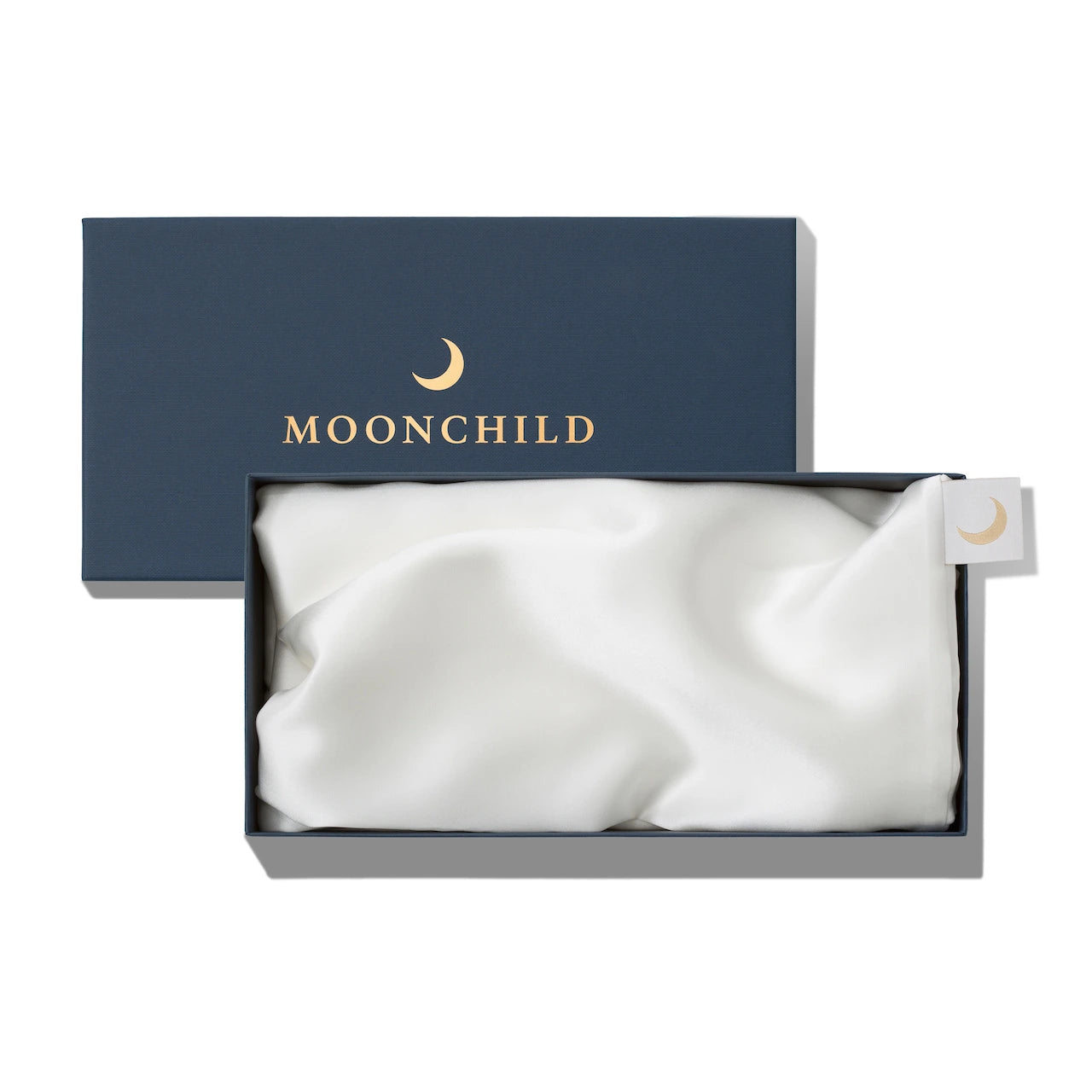Hair is more than a feature—it’s part of how we express ourselves and feel confident in our skin. When hair starts thinning or falling out, it can be stressful and confusing. Understanding what causes hair loss is the first step toward addressing it and supporting healthy hair growth.
Common Causes of Hair Loss
Hair loss can result from a combination of genetic, medical, and lifestyle factors:
-
Genetics – Androgenetic alopecia, often called male- or female-pattern baldness, is the most common cause of gradual hair thinning.
-
Hormonal Changes – Pregnancy, menopause, thyroid disorders, and other hormonal shifts can affect hair growth cycles.
-
Stress and Lifestyle – Physical or emotional stress, poor sleep, and nutritional deficiencies can trigger temporary hair shedding.
-
Medical Conditions – Autoimmune disorders, scalp infections, and chronic illnesses can contribute to hair loss.
-
Medications – Certain treatments, including chemotherapy, blood thinners, and some antidepressants, may affect hair growth.
Each individual is unique, so understanding your specific triggers is key.
How Sleep and Hair Health Are Connected
Quality sleep is a cornerstone of overall health, including hair growth. Poor or disrupted sleep, including sleep deprivation, can increase stress hormones like cortisol, which may weaken hair follicles. Ensuring restful, uninterrupted sleep helps your body maintain hormonal balance and supports natural hair regeneration.
Practical Steps to Protect and Support Your Hair
While some causes of hair loss require medical attention, there are strategies you can adopt to support healthy hair:
-
Maintain a Balanced Diet – Nutrients like protein, iron, zinc, and vitamins A, D, and E are essential for hair strength.
-
Eat Biotin-rich – Biotin (Vitamin B7) supports kreatin production and is found in food like eggs, nuts, seeds or avocados.
-
Reduce Stress – Mindfulness, meditation, and relaxation rituals before bed can reduce stress-induced shedding.
-
Follow a Gentle Hair Care Routine – Avoid excessive heat, tight hairstyles, or harsh chemical treatments.
-
Integrate Scalp Massages – Increase the blood flow to hair follicles.
-
Stay Consistent with Sleep – Prioritize 7–9 hours of quality sleep per night to support hair follicle recovery.
-
Consult a Healthcare Professional – If hair loss is rapid, patchy, or persistent, seek guidance to rule out underlying conditions.
Embracing Healthy Hair Practices
Hair loss can feel overwhelming, but taking proactive steps and understanding the causes gives you control. By caring for your body, mind, and sleep, you create an environment where hair can thrive naturally. Remember: patience and consistency are essential—healthy hair growth is a journey, not a quick fix.




















